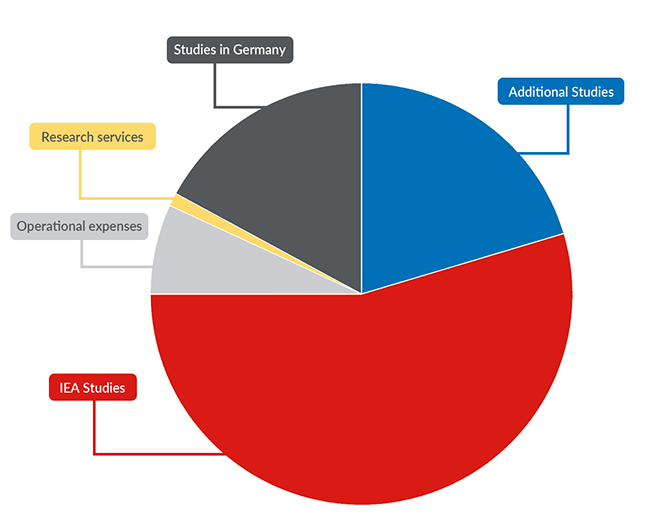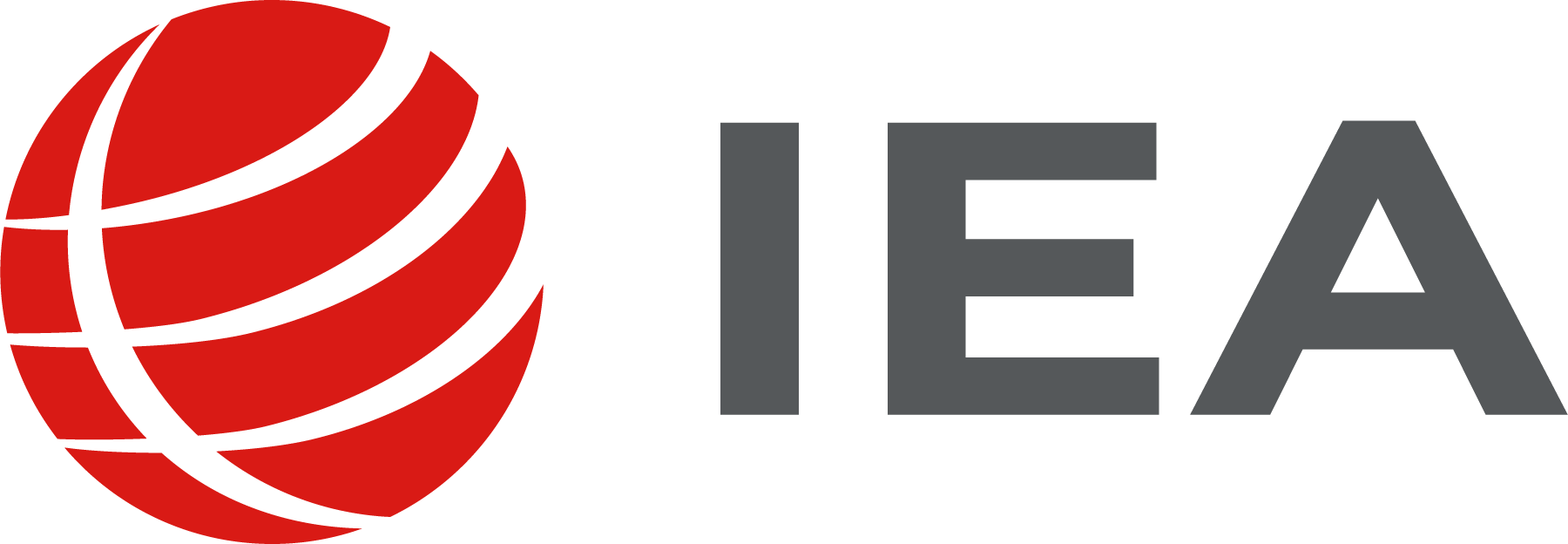IEA's mission is to better understand education practices, processes, and policies, to improve quality teaching and learning within and across systems of education. It does this by:
- Implementing large-scale studies
- Advancing research and innovation
- Providing expertise
- Developing international outreach
More information can be found in the full strategy document below.

IEA studies are developed cooperatively by all participants, to ensure they are curriculum based.
IEA seeks to create an inclusive, collaborative, and respectful community environment for everyone, regardless of gender, gender identity/expression, race/ethnicity, sexual orientation, disability, physical appearance, age, language spoken, national origin, and/or religion. IEA does not tolerate harassment in any form. Sexual or discriminatory language and imagery are not appropriate in any interactions with participants in IEA activities.
All attendees of events organized by IEA or IEA Study Centers should feel safe and welcomed by their fellow participants and be treated with mutual respect within an atmosphere of collegiality and equality. IEA is committed to diversity and the free expression of ideas in pursuit of a common goal of researching education to improve learning.
International adoption of the UN's Sustainable Development Goals marks a watershed moment for the future of our world. SDG4, which aims to "ensure inclusive and equitable quality education and promote lifelong learning opportunities for all," recognizes the vital role of education in society.
Measuring progress towards achieving this goal is of critical importance, and IEA believes this should be done with great care. Decades of experience and research have enabled IEA to develop the highest academic standards for measuring trends in educational outcomes, helping countries to measure and assess their education systems and identify improvement strategies.
IEA fully supports the UN's 2030 Agenda, and affirms that the measurement of progress toward SDG4 should be based on agreed international standards and, wherever possible, existing measures; our common goal is to ensure a timely global response to achieving the Agenda targets.
IEA's TIMSS, PIRLS, ICCS, and ICILS studies are well-established metrics for assessing educational outcomes, and more than one-quarter of the world's countries can already be counted as participants. These well-established international studies form a meaningful and robust basis for measuring global progress toward SDG4, providing strong foundations on which to build any relevant metrics.
For more information about methodological orientation in SDG4 indicators, please read IEA's cautionary statement on political linking.
